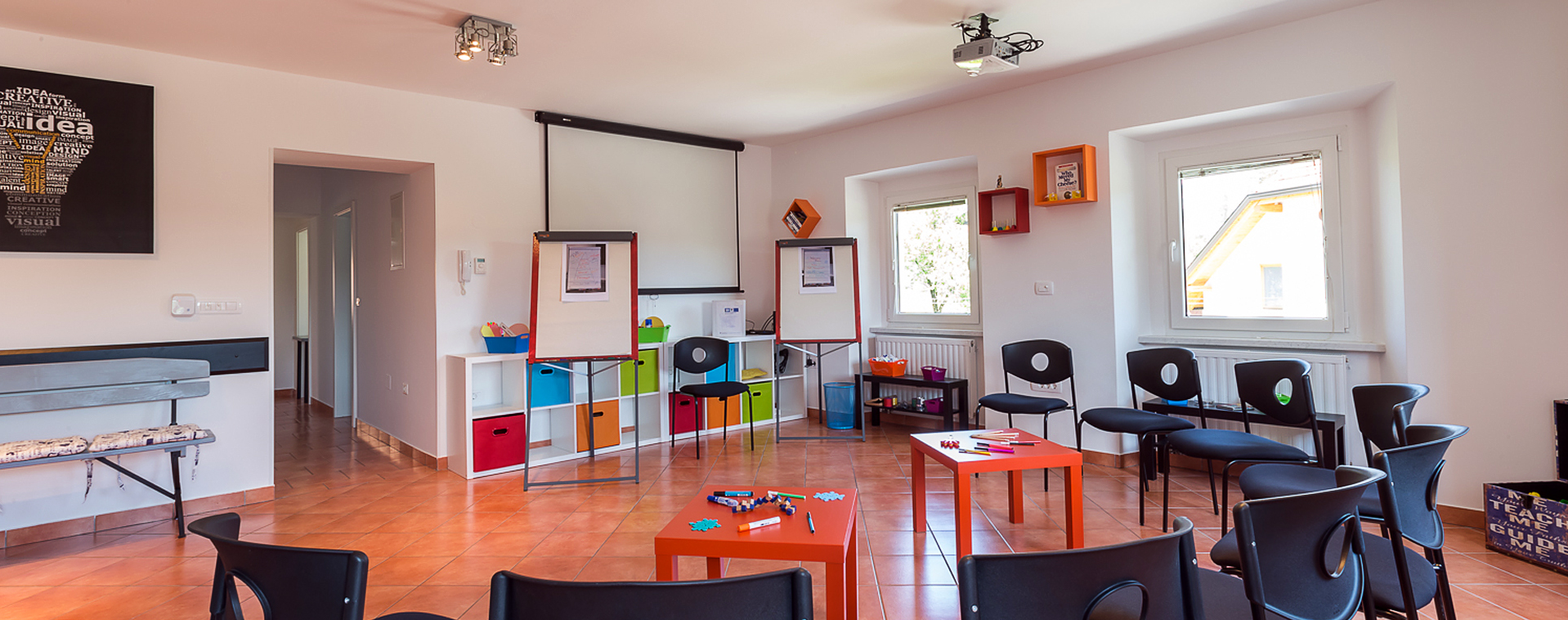One-to-one coaching focuses on the achievement of specific development goals for an individual. These are usually related to the development needs identified in the person's individual development plan and is not necessarily only 'skills' related but covers broader areas.
Examples of Coaching include:
-
-
- For new leaders in helping them to understand and develop quickly in their role as a leader including skills, the focus of the role, handling more difficult situations etc.
- For more experienced leaders where the need is to change their focus from an operational to more strategic leader
- For senior executives to better define and develop their leadership style, build on their strengths and further develop weaker areas that are critical for business success
- Career development for individuals not sure of their future direction
- Stress and wellbeing for people struggling to cope with the volume of work or other work or personal related stresses
- Breakthrough coaching to help address a specific problem area e.g.: fear of presenting to large groups
- Resolving conflicts and problem relationships, sometimes including the other person (people)
-
Coaching is a successful approach when:
- The reasons for coaching are clearly shared by the line manager (and sometimes HR too) with both the individual and the coach
- The coach and individual meet to discuss the needs from the individual’s perspective. The individual can be sure they are comfortable with this coach, and the coach can be sure they are able to help the individual and align with the organisation goals.
- The individual wants to make improvements (this is essential for success)
- Clear coaching goals are agreed with the individual and manager.
- The coaching process is agreed and is suitable for achieving the goals and the individual’s learning style. E.g. duration of session, number of sessions, time between sessions for actions, tools to be used etc.
- The connection and progress reviews with the individual's manager to get feedback on progress being made and support from the manager in helping the individual with their learnings, giving feedback to build confidence or highlight needed improvements and gaining suggestions from the coach of what they need to do to get the best from this person.
- Confidentiality. For coaching to work it is important that the coachee feels 'safe' to open up, share their worries and concerns knowing it will not be shared back with their manager or the organisation. This means the coach needs to be experienced in handling this fine line of open goals and discussions with the manager, with details of the coaching sessions that remain between the coach and coachee.
As we see here the focus is more on the nature of the relationship between coach and coachee and the coach and the manager, clarity of goals and commitment to making a change and managers support in achieving this. This is why when coaches speak about their programmes they emphasise the need to meet and talk with the coachee and the manager, the input from individual and manager into the goals for the coaching and are much less specific about the content of the coaching as this is not prescribed, but is more about the coaches skill in doing whatever is needed to achieve the goals and this can be very different from person to person.





